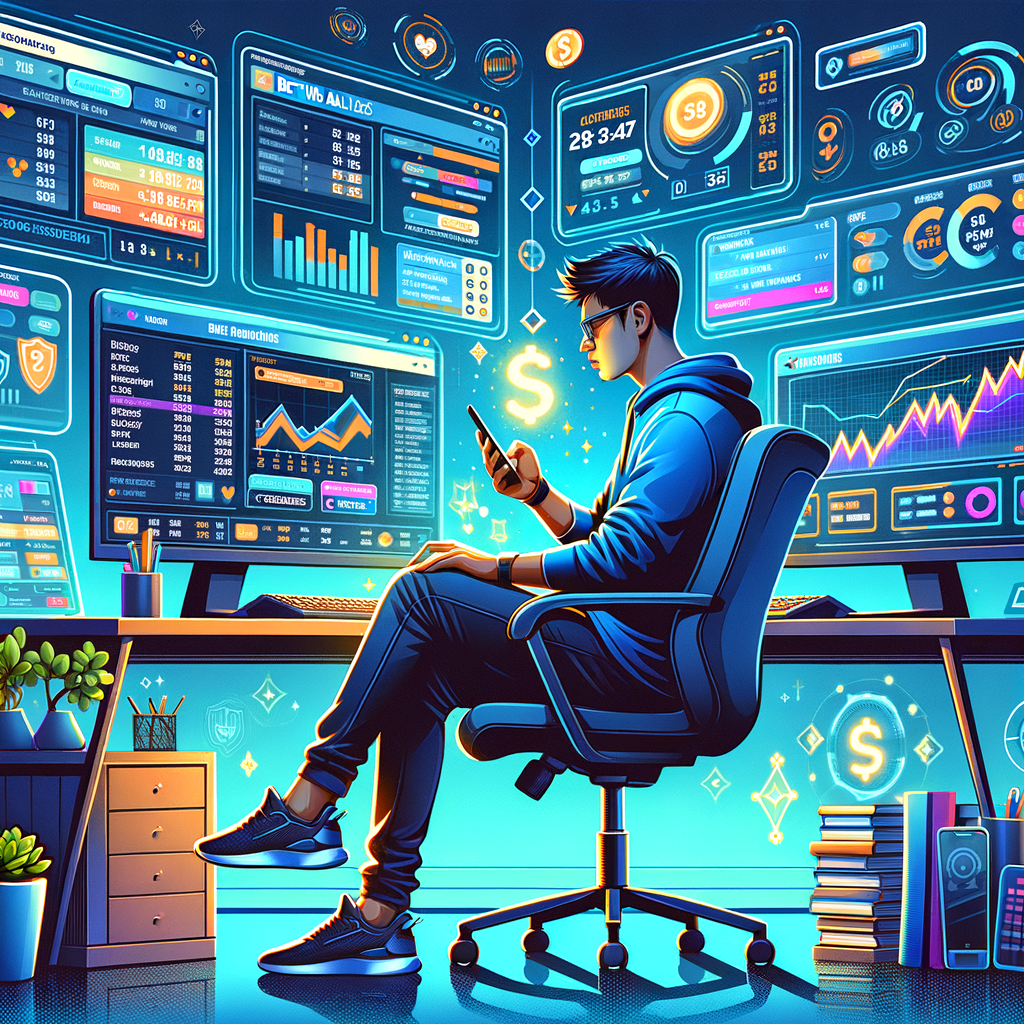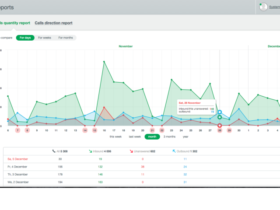From freelance developers and digital artists to data analysts and full-time streamers, technology has radically reshaped how people build careers. With AI tools, high-speed connectivity, and blockchain systems evolving rapidly, the internet isn’t just a tool—it’s the new workplace. In 2025, we’re seeing a surge of unconventional yet legitimate professions, many of which didn’t exist just a decade ago.
What Are “Digital Professions”?
Digital professions are careers that exist primarily online and often rely on internet-based platforms. These roles don’t require a physical office and can typically be performed remotely. They span creative, analytical, technical, and even entertainment-focused domains.
Examples of Popular Digital Careers:
- Web & app developers
- Digital marketers and SEO experts
- Crypto traders and NFT curators
- Remote tutors and online educators
- Virtual assistants
- Content creators and influencers
- eSports athletes and streamers
The Role of AI and Automation
One of the biggest catalysts for digital employment is the growth of automation. AI tools like ChatGPT, Midjourney, and Notion AI are helping freelancers deliver work faster and smarter. Content planning, image generation, and even coding can now be partially or fully automated.
| Tool | Main Function | Used By |
|---|---|---|
| ChatGPT | Text generation, coding, idea structuring | Writers, developers, educators |
| Midjourney | AI-generated art and illustration | Designers, marketers |
| Notion AI | Productivity and note automation | Project managers, students |
Gamification and Career Paths
Gamification is another key trend. Career-building now overlaps with gaming mechanics—earning tokens, building reputations, and completing performance-based challenges. One unexpected area where this is becoming serious business? Online betting.
Becoming a sports bettor is no longer just a hobby—it’s a data-driven profession for some. With access to real-time stats, odds comparison software, and prediction algorithms, professional bettors treat their craft like a financial analyst approaches the stock market. The tech behind modern betting platforms includes APIs, AI-based odds models, and mobile-first interfaces that mirror fintech apps.
Risks vs. Rewards: New Economy, New Rules
While the digital world offers enormous flexibility and independence, it also comes with risks. Here’s a comparison between traditional and digital work models:
| Factor | Traditional Jobs | Digital Professions |
|---|---|---|
| Income Stability | Regular salary | Fluctuates by month/project |
| Career Path | Defined promotions | Self-built through results |
| Tools Needed | Office access | Laptop, internet, SaaS apps |
| Learning Curve | Moderate, structured | Fast-paced, self-taught |
Tips for Thriving in the Tech-Based Economy
- Build a personal brand: Whether you’re a designer or sports bettor, visibility matters.
- Invest in digital tools: Your setup is your workplace—optimize it.
- Track trends: The digital economy evolves fast. Follow newsletters and platforms like GitHub, Product Hunt, or Substack.
- Diversify income streams: Relying on one source is risky—spread across projects, clients, or platforms.
Final Thoughts
Technology has opened the door to career paths once unimaginable. Whether you’re designing an app, editing videos, or becoming a data-savvy sports bettor, the future of work lies online. It’s not just about remote freedom—it’s about using digital ecosystems to build a lifestyle aligned with your skills, values, and curiosity. The internet is your marketplace. Learn it, respect it, and leverage it.







Leave a Reply